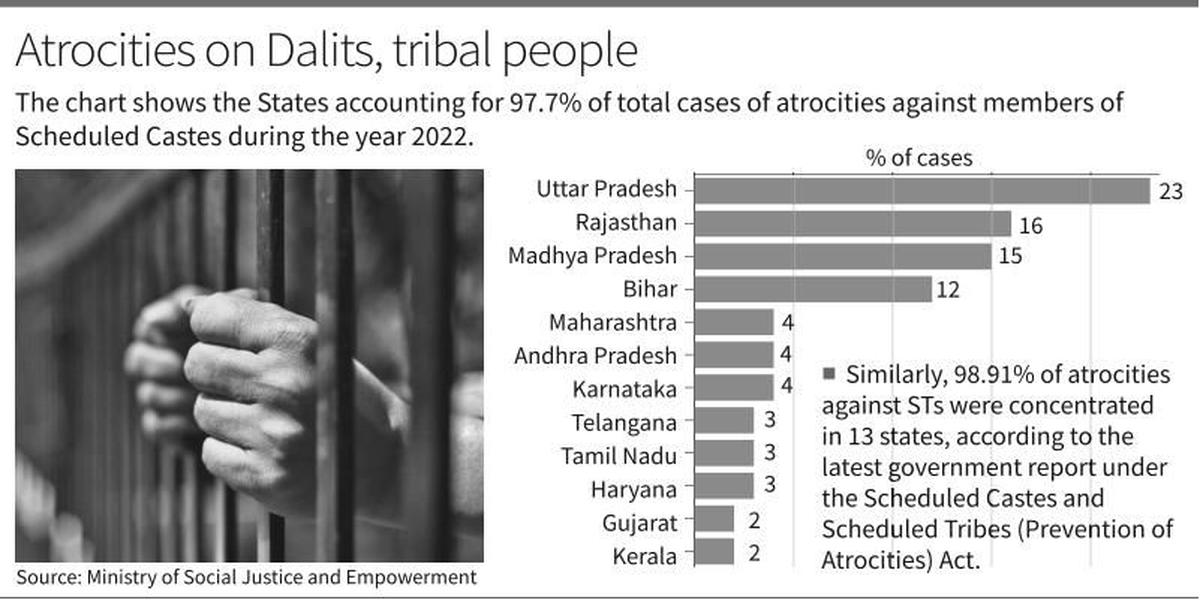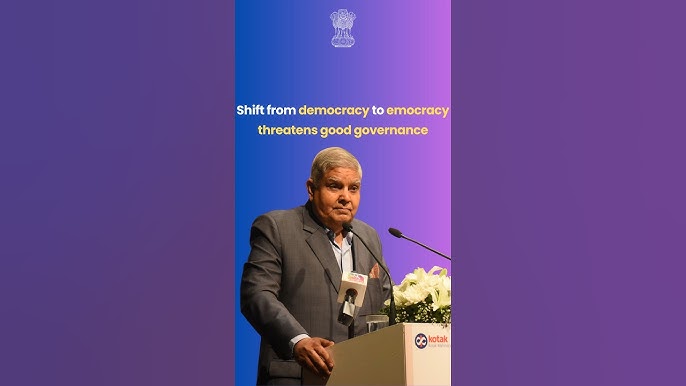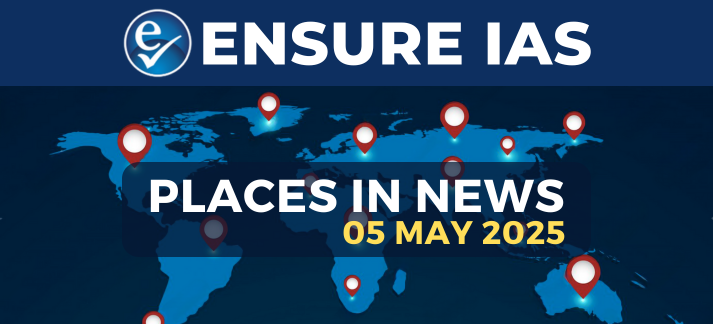- Courses
- GS Full Course 1 Year
- GS Full Course 2 Year
- GS Full Course 3 Year
- GS Full Course Till Selection
- Online Program
- GS Recorded Course
- NCERT (Recorded 500+ Hours)
- Polity Recorded Course
- Geography Recorded Course
- Economy Recorded Course
- AMAC Recorded Course
- Modern India, Post Independence & World History
- Environment Recoded Course
- Governance Recoded Course
- Science & Tech. Recoded Course
- International Relations and Internal Security Recorded Course
- Disaster Management Module Course
- Ethics Recoded Course
- Essay Recoded Course
- Current Affairs Recoded Course
- CSAT
- 5 LAYERED ARJUNA Mentorship
- Public Administration Optional
- ABOUT US
- OUR TOPPERS
- TEST SERIES
- FREE STUDY MATERIAL
- VIDEOS
- CONTACT US
Report on Atrocities Against SCs and STs
Report on Atrocities Against SCs and STs
26-10-2024
- In September 2024, the union government released a report under the Scheduled Castes and Scheduled Tribes (Prevention of Atrocities) Act, 1989.
- It presents data on atrocities against Scheduled Castes (SCs) and Scheduled Tribes (STs) in 2022.
Key Findings of the Report
- Case Statistics: There were around 51,650 cases of atrocities reported against Scheduled Castes (SCs) and around 9,730 cases against Scheduled Tribes (STs).
- Nearly 97.7% of all cases of atrocities against Scheduled Castes in 2022 were reported from 13 States, with Uttar Pradesh, Rajasthan and Madhya Pradesh recording the highest number of such crimes.
- The majority of atrocities against Scheduled Tribes (STs) were also concentrated in 13 states, which reported 98.91% of all cases in 2022.
-
States with the Highest Incidents
- For SCs: Uttar Pradesh: 12,287 cases (23.78%); Rajasthan: 8,651 cases (16.75%); Madhya Pradesh: 7,732 cases (14.97%); Bihar: 6,799 cases (13.16%); Odisha: 3,576 cases (6.93%); Maharashtra: 2,706 cases (5.24%)
- For STs: Madhya Pradesh: 2,979 cases (30.61%); Rajasthan: 2,498 cases (25.66%); Odisha: 773 cases (7.94%); Maharashtra: 691 cases (7.10%); Andhra Pradesh: 499 cases (5.13%)
-
Charge Sheets and Investigations:
|
SC-related cases |
ST-related cases |
|
|
- Conviction Rates: Conviction rate under the Act declined from 39.2% in 2020 to 32.4% in 2022, highlighting a worrying trend in judicial outcomes.
- Infrastructure Deficiencies: Out of 498 districts in 14 states, only 194 districts have special courts to expedite trials. States like Uttar Pradesh have not identified atrocity-prone areas, despite having the highest number of cases.
- Protection Cells: SC/ST protection cells have been established in states such as Andhra Pradesh, Assam, Bihar, Gujarat, Tamil Nadu, and union territories like Delhi, Jammu and Kashmir, Puducherry.

Reasons for Crimes Against SC and ST Communities
- Caste Prejudice and Untouchability: Deep-rooted caste systems continue to marginalize SC/ST communities, leading to violence and discrimination based on their caste identity.
- Land Disputes and Alienation: Due to historical deprivation of land, SC/ST communities often face conflicts over land access, especially with dominant castes.
- Economic Marginalization: Limited access to education and economic resources makes SC/ST groups more vulnerable to exploitation and violence.
- Social and Political Power Imbalance: Dominant castes hold significant political and social influence, often escaping legal consequences for discrimination.
- Inadequate Law Enforcement: While laws like the SC/ST Act exist, weak enforcement and bias within police and bureaucracy often prevent justice.
- Political Opportunism: Politicians sometimes exploit caste tensions for electoral gains, worsening community divides and increasing conflict.
About Scheduled Castes and Scheduled Tribes (Prevention of Atrocities) Act, 1989
- Purpose: Enacted to protect SCs and STs from caste-based violence and discrimination.
- Objective: Aims to enforce Article 15 and Article 17 of the Constitution, protecting disadvantaged communities and addressing gaps in earlier laws like the Protection of Civil Rights Act, 1955.
- Rules and Implementation
- Central Government Role: Empowers the Central Government to create rules for enforcement.
- State Governments' Role: State Governments and Union Territories are responsible for implementation, with support from the central authorities.
Key Provisions
- Offences: Defines crimes such as physical violence, harassment, and social discrimination against SC/ST members as atrocities, with stricter punishments than the Indian Penal Code, 1860 (now Bharatiya Nyaya Sanhita (BNS)).
- Anticipatory Bail: Section 18 prevents the use of anticipatory bail under Section 438 of the Code of Criminal Procedure (CrPC), 1973.
- The Bharatiya Nagarik Suraksha Sanhita, 2023 (BNSS) replaces Section 438(1) with Section 482, which has relaxed the conditions for granting anticipatory bail.
- BNSS omits the factors that courts were required to consider when granting anticipatory bail, such as: nature and gravity of the accusation, applicant's antecedents and possibility of the applicant fleeing from justice
- Special Courts: Requires setting up Special Courts for speedy trials and SC/ST Protection Cells at the state level, overseen by senior police officers.
- Investigations: Investigations must be conducted by officers of the rank of Deputy Superintendent of Police (DSP) or higher, and must be completed within a specific timeframe.
- Relief and Compensation: Provides victims with financial compensation, legal aid, rehabilitation, and support services.
- Exclusions: The Act does not apply to crimes between members of SC and ST communities, meaning they cannot use the Act against each other.
Recent Amendments
- Amendment Act, 2015: Expanded the list of offences to include actions like manual scavenging, social ostracism, sexual exploitation, and dedicating SC/ST women as devadasis.
- Public servants who fail in their duties towards SCs and STs can also face imprisonment.
- Amendment Act, 2018: Removed the requirement for approval from a Senior Superintendent of Police (SSP) before arresting an accused, allowing immediate arrests without prior clearance.
Judicial Rulings on the SC/ST (Prevention of Atrocities) Act, 1989
- Kanubhai M. Parmar v. State of Gujarat (2000): The Gujarat High Court ruled that the Act does not apply to crimes between SC/ST members, as it was meant to protect them from external atrocities.
- Raj Mal v. Ratan Singh (1988): The Punjab & Haryana High Court clarified that Special Courts under the Act are specifically for offenses under this law, separate from regular courts.
- Arumugam Servai v. State of Tamil Nadu (2011): The Supreme Court ruled that insulting an SC/ST person constitutes an offense under the Act.
- Subhash Kashinath Mahajan v. State of Maharashtra (2018): The Supreme Court ruled that the bar on anticipatory bail is not absolute, allowing courts to grant bail if allegations seem baseless.
- Shajan Skaria v. The State of Kerala (2024): The Supreme Court clarified that not every insult or intimidating remark against an SC/ST individual qualifies as an offense under the Act.
How Can We Improve Protections for SC/ST Communities?
- Strengthening Legal Framework: Improve infrastructure for special courts to ensure timely trials and convictions. Increase the number of trained personnel to handle SC/ST cases sensitively.
- Improving Reporting Mechanisms: Develop better systems for reporting and monitoring atrocities, allowing victims to report without fear of retribution.
- Awareness and Education: Launch awareness campaigns to inform communities about SC/ST rights and legal protections under the Act.
- Targeted Interventions: Identify atrocity-prone districts and implement measures to address the root causes of caste-based violence.
- Monitoring and Evaluation: Establish a framework to assess the effectiveness of interventions, ensuring accountability and continuous improvements.
- Collaboration with NGOs: Work with NGOs and civil society organizations to support victims, advocate for their rights, and ensure their voices are heard in policy-making.
Must Check: Best IAS Coaching In Delhi
UPSC Prelims Result 2024 Out: Expected Cut Off & Other Details, UPSC Prelims 2024 Answer with Explanation, Daily Prelims Quiz, Daily Current Affairs, MONTHLY CURRENT AFFAIRS TOTAL (CAT) MAGAZINE, Best IAS Coaching Institute in Karol Bagh, Best IAS Coaching Institute in Delhi, Daily Mains Question Answer Practice, ENSURE IAS UPSC Toppers, UPSC Toppers Marksheet, Previous Year Interview Questions, UPSC Syllabus




